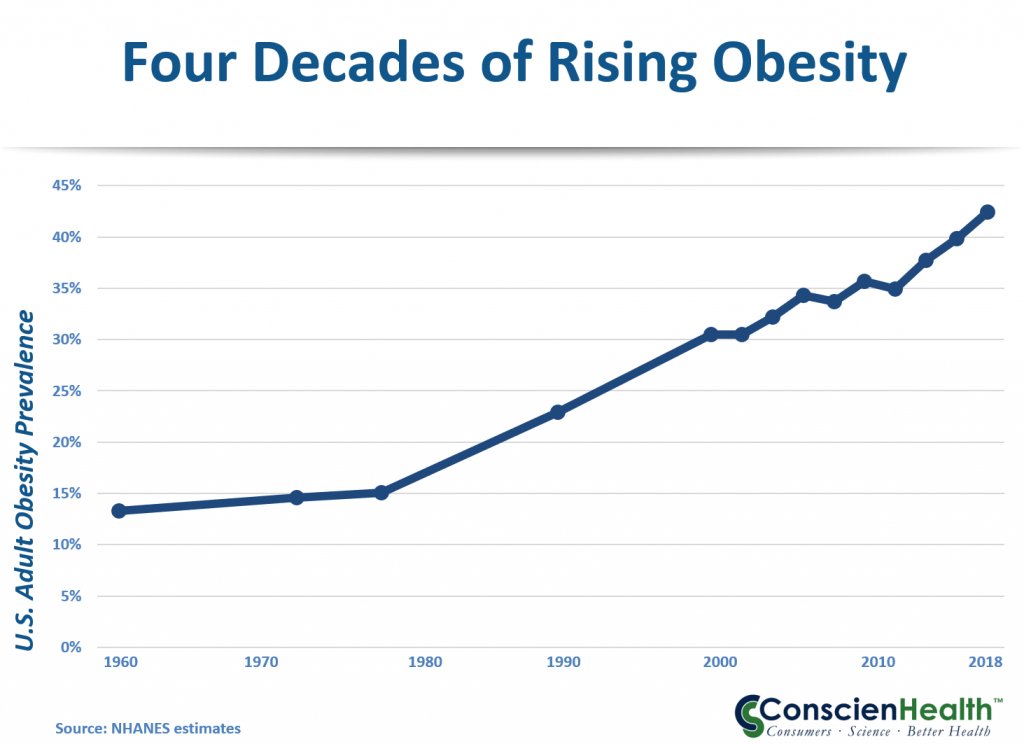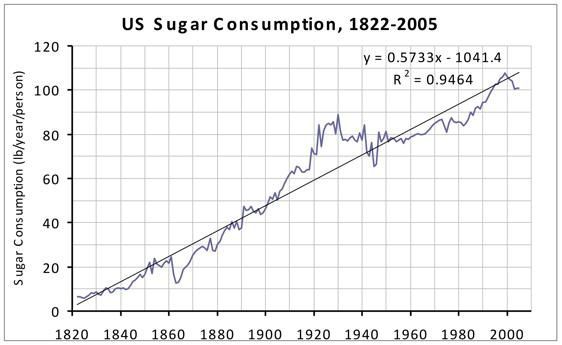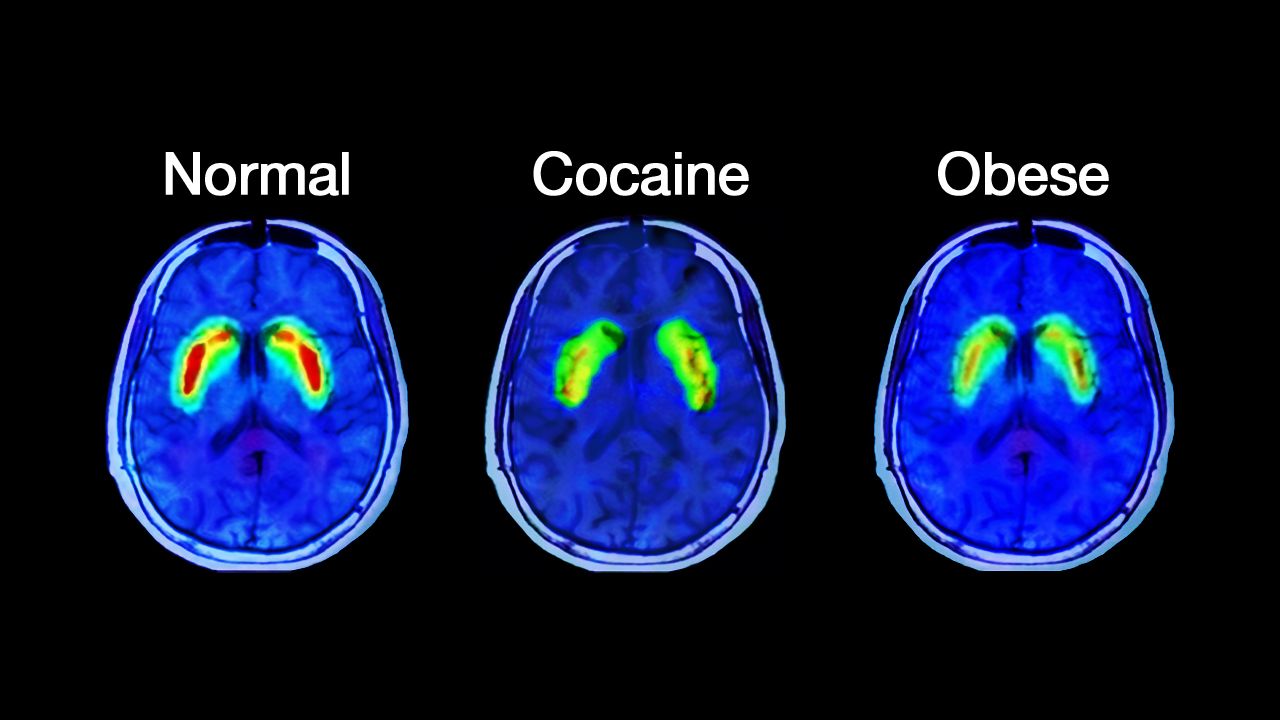The Key to Lower blood Sugar

Glucose is important for our bodies as it provides energy and helps create amino acids, nucleic acids, and fatty acids.. However, our evolutionary dietary habits have veered off course with sugar consumption.
While sugar has been a part of our diet in various forms, the industrial age brought about a refinement and processing of sugar, resulting in highly concentrated levels finding their way into Western diets. In contrast to processed sugars, naturally occurring carbohydrates, found abundantly in whole foods like fruits, vegetables, legumes, and potatoes, are inherently bound to fiber. These unprocessed carbohydrates and sugars remain the most wholesome way to fuel our bodies with essential energy.
Our bodies, thanks to fiber, digest slowly natural carbohydrates and sugars. Fiber significantly delays this process, unlike processed sugars commonly found in packaged foods, which are quickly absorbed. The rapid absorption of sugar leads to spikes in blood sugar levels and circulating glucose, posing risks to our health. When people consistently consume sugars over time, this pattern worsens..
When we consume beverages like soda or foods with high levels of processed sugar, we overwhelm our systems with massive quantities that our bodies aren't equipped to handle. This occurs when we consume beverages like soda or foods with high levels of refined sugar.
How did we arrive at this detrimental impact on our health, stemming from the widespread presence of excessive processed sugar? A significant shift seems to have occurred in the late 1960s and early 1970s.
One example of such a shift is the Seven Countries Study, led by Ancel Keys. This research suggested a correlation between fat intake and heart disease rates in various countries. They published the initial findings from this study in scientific journals.
In the USA, various organizations and government agencies started promoting low-fat diets to prevent heart disease. Agencies, such as the American Heart Association, media outlets, public health campaigns, and the U.S. government, widely disseminated these recommendations and gained momentum over the following decade.
During the 1980s and 1990s, there was a prevailing belief that maintaining a low-fat diet was crucial for both good health and weight management. Many food products underwent reformulation to reduce fat content. These food companies started adding processed sugar to maintain taste quality, which is even more important.
If fast food didn't have fats, it wouldn't taste as good and people might not want to buy it, causing big losses in the food industry. Their solution? High fructose corn syrup and its many variations. The idea was to offer less fat to reduce the risk of heart disease while maintaining the appealing taste of food, or so they believed.
What happened over the next 30 years? Well, look at this graph.


Obesity is just the tip of the iceberg. There are many, many unhealthy complications which have negatively affected our health. Many research studies have shown us the consequence of this unintentional food experiment.
For this newsletter let's look at the impact process sugar has on the brain
The big question is why is everyone addicted to these foods?
I have a massive sweet tooth and I like donuts or cookies just as much as the next guy but... check this picture out

Cravings and Addiction
Processed sugar and refined flour can lead to cravings and addiction-like behaviors. This then leads to neurotransmitter dysfunction because of excessive consumption of these foods
Effects on Brain Pleasure Centers:
- Reduced Activity in brains affected by substances like cocaine or due to unhealthy eating (obesity) cause dopamine receptors in the pleasure centers to become less active, leading to reduced pleasure responses.
- This reduced activity in pleasure centers can cause symptoms like depression and anxiety.
- When the pleasure centers are unresponsive, the body goes into a state of down-regulation.
- In order to compensate, the body seeks sudden bursts of stimulation through intense cravings for sugar, flour, or other addictive substances.
The Vicious Cycle of Overstimulation:
- When another intense spike of pleasure is received, the already reduced receptors get overstimulated, deepening the down-regulation state.
- This creates a vicious cycle, leading to long-term deficiencies in neurotransmitters crucial for mental and mood function.
- Sugary foods cause insulin levels to rise in everyone.
- High insulin levels disrupt leptin, a hormone signaling fullness and activity readiness.
- This disrupts the communication between leptin and the brain, making it difficult for the brain to recognize fullness.
How do we Restore Healthy Function:
- Reducing or eliminating flour and sugar helps lower insulin levels.
- With lower insulin, the body's communication system functions better.
- This leads to fewer cravings and eliminates false hunger cues.
- The body can heal itself.
- When we eliminate brain-flooding substances, dopamine receptors can return to a healthy range, promoting overall health and well-being.
BDNF is protein: It plays a crucial role in the growth, development, and maintenance of neurons (nerve cells) in the brain.
It is a type of neurotrophin, which is molecules that support the survival, growth, and differentiation of neurons.
How does uncontrolled blood sugar affect this protective brain factor? It leads to various forms of toxic insults, which lead to brain dysfunction.
- Inflammation: Excessive sugar consumption can lead to chronic inflammation in the body and brain. Inflammation can interfere with BDNF production and function.
- Insulin Resistance: High sugar intake is associated with insulin resistance, where cells become less responsive to insulin signals. This can disrupt BDNF signaling, as insulin plays a role in BDNF function.
- Oxidative Stress: Sugar metabolism generates oxidative stress, which can damage neurons and impair BDNF's protective effects.
- Glucose Dysregulation: Spikes in blood sugar levels, common after consuming sugary foods, can disrupt the delicate balance of glucose in the brain. This may affect BDNF activity.
- Hormonal Imbalance: Sugar consumption can lead to hormonal imbalances, such as elevated cortisol levels. Chronic stress and high cortisol can reduce BDNF levels.
- Impaired Synaptic Plasticity: BDNF is critical for synaptic plasticity, the brain's ability to adapt and form new connections. High sugar intake may hinder this process.
Summary
In the tale of nutrition and neuroscience, processed sugars emerge as the ticking time bomb. In its place, we promote natural sugars with their accompanying fiber. Sugars that are processed can cause addiction, anxiety, depression, and disrupt the protective nature of BDNF by unbalancing dopamine receptors.